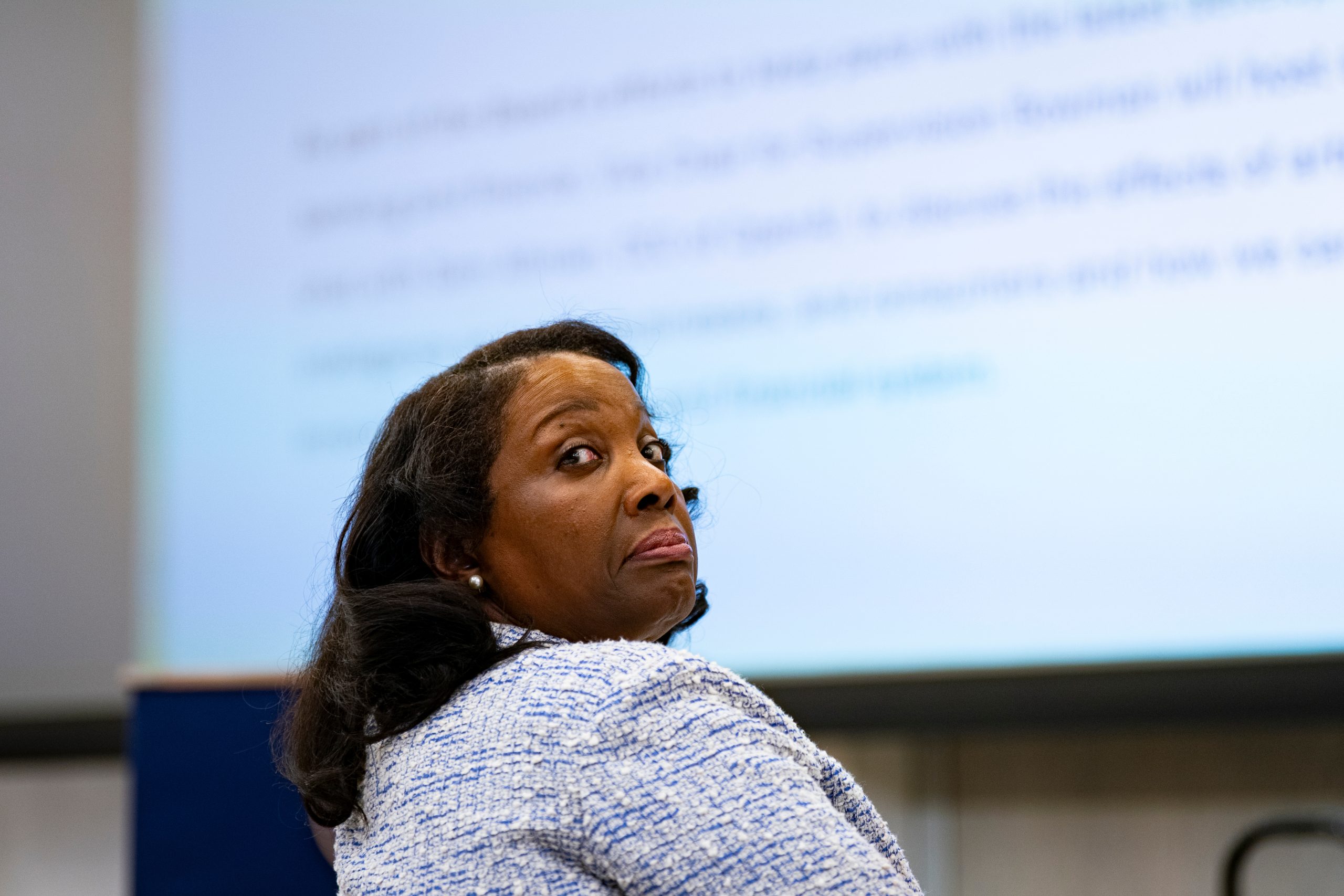Supreme Court Weighs in on Trump’s Attempt to Control the Federal Reserve
The Supreme Court is poised to issue a ruling that could dramatically reshape the balance of power between the presidency and the Federal Reserve, potentially triggering significant economic repercussions. A long-standing legal battle over former President Donald Trump’s attempt to seize control of the independent central bank is nearing its climax, with a decision expected imminently. The potential consequences of a ruling in Trump’s favor are far-reaching and could send shockwaves through both domestic and international financial markets.
The Stakes: Independence vs. Executive Power
At the heart of the dispute lies the fundamental question of the Federal Reserve’s independence. Established in 1913, the Fed operates with a degree of autonomy from the executive branch, designed to shield monetary policy from short-term political pressures. While the President appoints the members of the Federal Reserve Board of Governors, these appointments require Senate confirmation, and governors serve 14-year terms. Crucially, the law stipulates that a President can only remove a governor “for cause,” a far higher threshold than for most other agency heads who serve at the President’s pleasure. Trump’s actions challenge this established structure, arguing for greater executive control over the Fed.
Potential Economic Fallout: A Looming Uncertainty
A Supreme Court decision upholding Trump’s claim could profoundly alter the economic landscape. The Fed’s independence is considered crucial for maintaining price stability and managing inflation. Undermining this independence could erode investor confidence, leading to increased market volatility and potentially higher interest rates. International markets would also react negatively to such a decision, potentially impacting the dollar’s value and increasing global economic uncertainty. Economists widely agree that politicizing monetary policy would be detrimental to long-term economic growth and stability. The potential for unpredictable policy shifts under direct presidential control could lead to erratic economic cycles, harming businesses and consumers alike.
Legal Precedents and Constitutional Implications
The case raises significant constitutional questions regarding the separation of powers and the appropriate level of executive authority over independent agencies. Legal experts have offered differing interpretations of the relevant statutes and constitutional provisions. The Supreme Court’s decision will not only resolve this specific dispute but also set a precedent for future conflicts involving the relationship between the presidency and independent regulatory bodies. The ruling’s impact will extend beyond the immediate economic effects, shaping the long-term trajectory of the relationship between the executive and independent agencies within the US government.
Conclusion: A Defining Moment for American Governance
The Supreme Court’s imminent decision on this case represents a pivotal moment for American governance and economic stability. The outcome will have far-reaching implications, impacting not only the Federal Reserve’s operational framework but also the broader balance of power within the US government. The potential economic ramifications are substantial, underscoring the significance of this case and the intense scrutiny it has garnered from legal scholars, economists, and the public alike. The decision will undoubtedly shape the nation’s economic future and define the limits of presidential authority over independent agencies for years to come.
SOURCE INFORMATION:
TITLE: The Supreme Court is about to decide one of the biggest economic policy cases ever
DESCRIPTION: A long-simmering showdown over whether President Donald Trump may seize control over the Federal Reserve appears to be entering its endgame. It is highly likely that the Supreme Court will weigh in on this dispute either Monday evening or Tuesday. If the Court does side with Trump, that would be one of the most consequential […]
SOURCE: Vox
Based on materials: Vox





